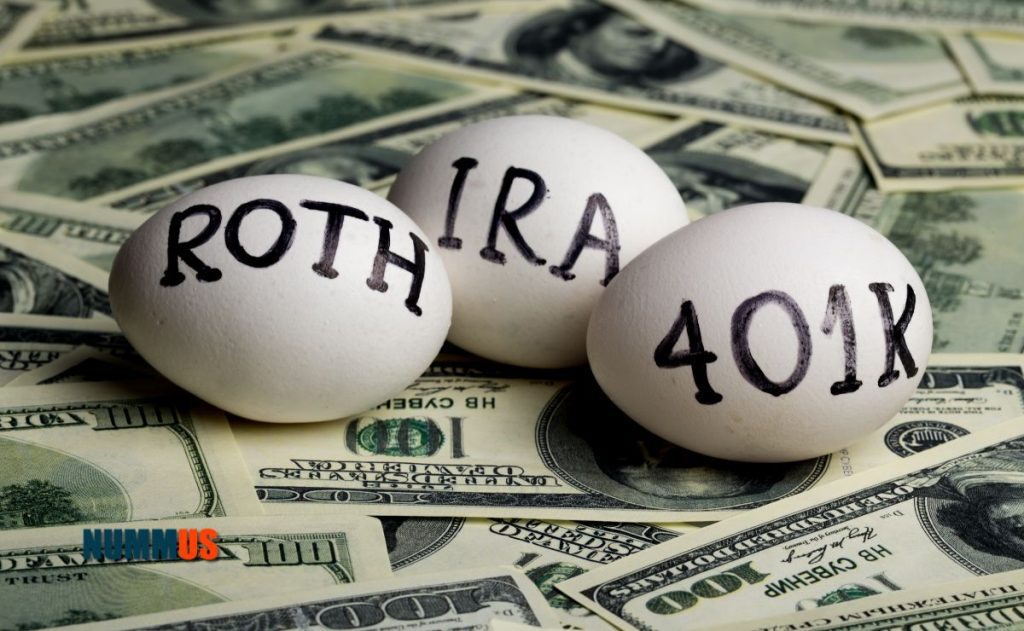It’s amazing: You’ve made it to a $500,000 goal in your retirement plan. But, are you in the best plan that suits better your needs? The 401(k) and the Roth IRA are two of the most popular plans chosen by American workers looking forward to that nice retirement years.
Unlike a traditional 401(k), a Roth IRA allows for tax-free withdrawals in retirement. The conversion involves moving funds from a tax-deferred 401(k) to a Roth IRA, but this process triggers immediate taxation on the converted amount. So, how can you minimize the tax impact?
Retirement Plans: Eligibility for 401(k) to Roth IRA Conversions
Unlike contributions, Roth IRA conversions do not have household income limits. This has given rise to what is known as a “backdoor conversion,” where high-income households contribute to a traditional IRA and subsequently convert those funds to a Roth IRA. While this practice is legal and effective, repeated instances may trigger additional taxes, referred to as the “pro-rata rule.”
While withdrawals from a 401(k) incur taxes in retirement, withdrawals from a Roth IRA after age 59.5 are tax-free. Therefore, if you have time for your assets to grow or anticipate a higher tax rate in retirement, converting to a Roth IRA may result in greater retirement savings. However, if retirement is imminent or you expect a lower tax rate upon withdrawal, the conversion may not be advisable.
Roth IRA conversions are a one-way process. You can convert funds from a pre-tax account to a Roth account, but the reverse, converting a Roth account to a traditional IRA or 401(k), is not permitted. This is crucial because once you initiate a conversion, you cannot undo the tax implications. Dealing with the associated taxes becomes a necessary step.
It is advisable to consult with a financial advisor to develop a suitable strategy for maximizing your retirement income.
Tips for Reducing Taxes on Your Roth Conversion
Let’s say you have $500,000 that you want to convert to a Roth IRA. If the funds are in a Roth 401(k), you won’t incur any taxes during the conversion. Since both are post-tax accounts, a rollover or transfer can be executed without triggering a tax event.
However, if the money is in a pre-tax account like a 401(k) or IRA, the process becomes more intricate. Transferring the funds will increase your taxable income for the year by the full transfer amount. In this case, you might add up to $500,000 to your Adjusted Gross Income (AGI) for the year.
To avoid a substantial tax bill and potentially move into higher tax brackets in a given year, it’s often advisable to conduct a sizable conversion in smaller, staggered amounts. Converting $500,000 in a single year might push your total AGI into the highest federal tax bracket (37% in 2023, plus any applicable state and local taxes). On the other hand, spreading the conversion over, let’s say, five years and adding $100,000 to your AGI each year could potentially keep you in a lower tax bracket. Depending on your tax filing status and corresponding thresholds, employing this strategy could result in saving tens of thousands of dollars.
